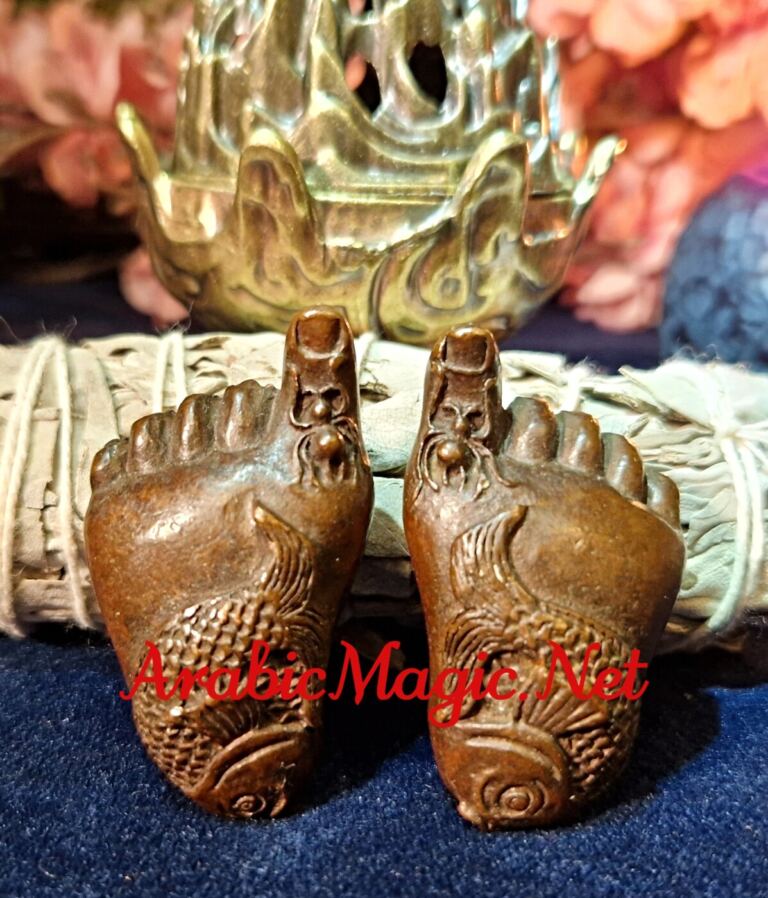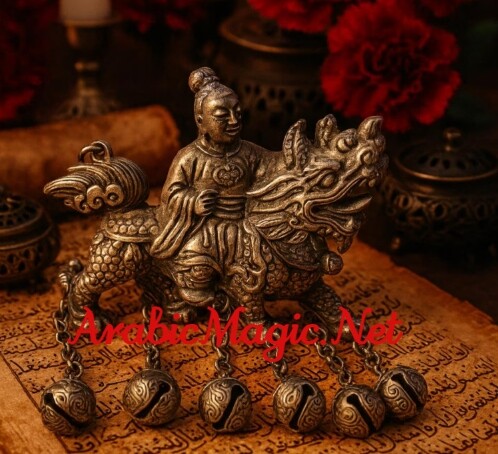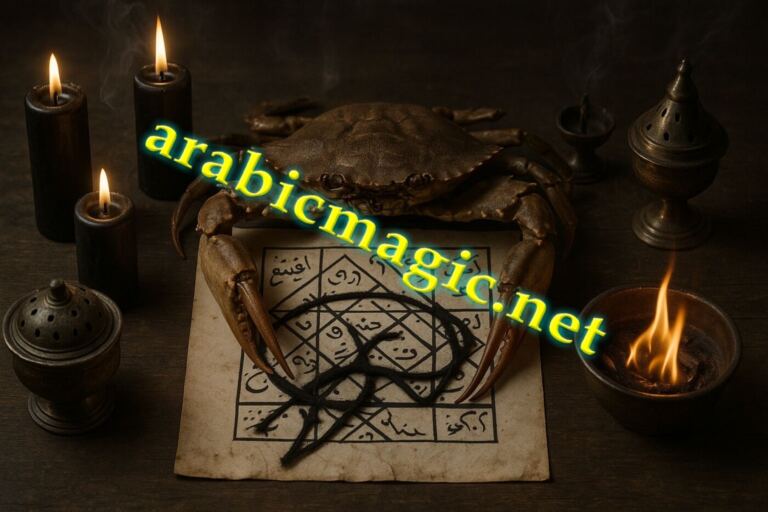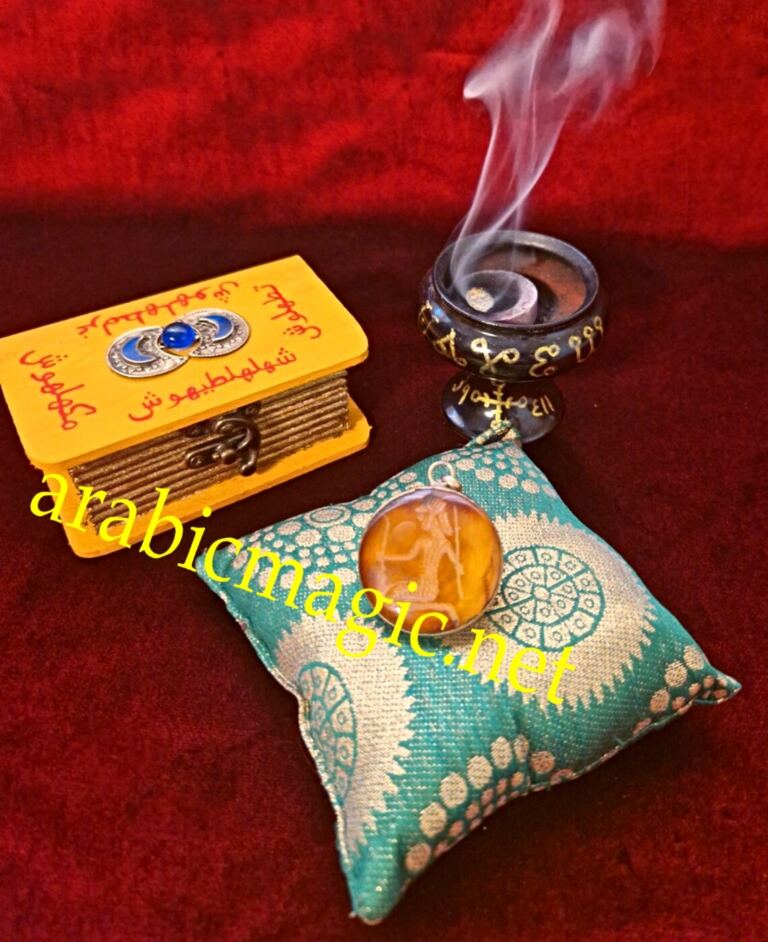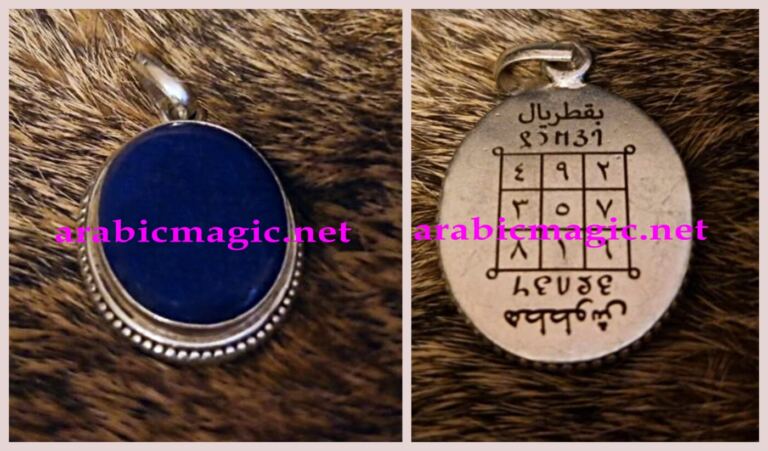Rue – An Herb for Attracting Good Luck and Prosperity
Rue (Ruta graveolens) is one of the most well-known herbs in the folk medicine and magical tradition among the Balkan Muslims. Its use is multifaceted, mainly used to purify the home space and the human body from negative forces. Rue is a plant of Mediterranean origin, growing in places with a dry climate. Because of its specific smell, the herb is also used as an insect repellant, and traditionally at least one sprig is kept in the wardrobe next to the clothes. The rue was known for its protective qualities among the Greeks and Romans, being used to ward off evil forces and treat various health problems. The remnants of these ancient beliefs are preserved in folk medicine, where, for example, it is claimed that the herb successfully cures all heart diseases. Even Shakespeare himself gave the rue the unusual name “god’s mercy” because of the ritual practice of soaking a sprig of it in water and sprinkling it on possessed people. In some Mediterranean cultures, the plant is widely used in cooking because of its rich vitamin C content.
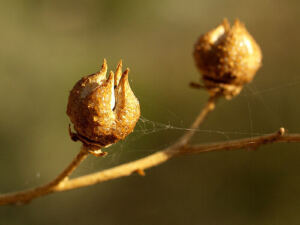
Herb against diseases and evils
In addition to its many medicinal uses, the herb occupies a prominent place in folk beliefs and as a means of combating evil forces, mainly because of its smell, as well as the unusual appearance of its leaves, which resemble an outstretched human palm. This was reason enough for it to gain fame as a plant that protects against evil. Traditionally rue is cultivated in homes, near the front door, because of the belief that in this way it will protect the home and its inhabitants from evil eyes, magic and harmful spirits. Young children wear leaves of the herb or leaves are put under their pillow to protect them from the evil eye.
Rue help maidens to attract love, but also married women, especially those whose husbands cheat. There is an old custom when a woman has an unfaithful husband to wash her underwear and spread it out to dry on a rue bush. Thus the woman will be loved again in the eyes of her husband.
Magical incense for banishing evil
Another unusual use of rue is that it can be used as magical incense. With a few dry leaves of the herb burnt the people affected by harmful influences, especially those attacked by spirits and black magic, can be cured. At least once a year the home is incensed with dry rue leaves to ward off evil forces that may have entered it, especially after visiting envious guests. ©
This article and all information published on this site are copyrighted. Any form of copying the texts or parts of them is prohibited. This site and all the information in it are protected by Digital Millennium Copyright Act. Any violation of this rights will be automatically detected and we will contact for assistance and legal action to your online provider and domain name registrar.
Don’t copy, be creative!

